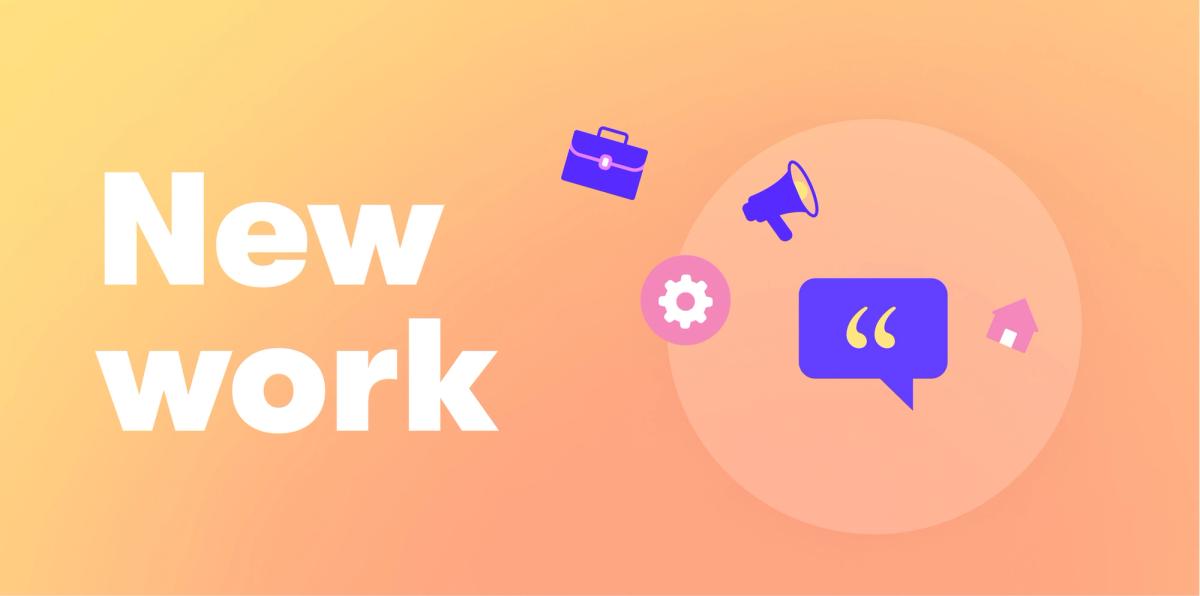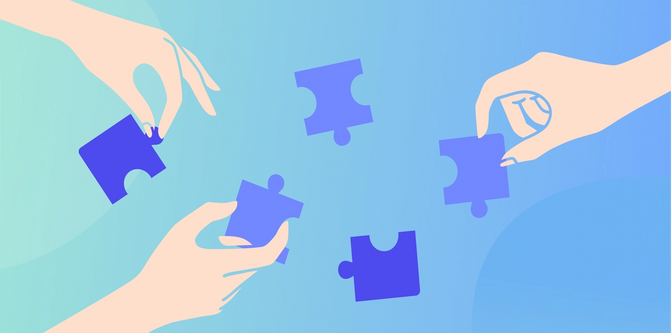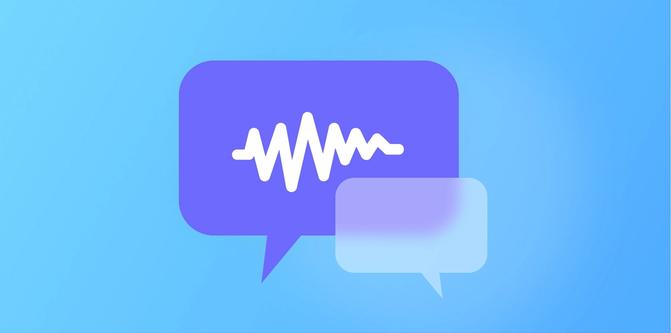AI in the Workplace: Embracing the Future of Work in the Age of AI

Can you use AI in the workplace? And what does it mean for the future of work?
The future of work stands at the cusp of a technological revolution (are we there yet?!), and at the heart of this transformation lies the rapid integration of artificial intelligence AI into our professional and personal lives. A year ago, our AI capabilities would’ve seemed like science fiction. Who would have known that tools like ChatGPT would be immediately integrated into our lives? Almost instantly, too!
AI is indispensable. Already.
It is also actively reshaping how we work, and what the workplace looks like. As we navigate this dynamic landscape, we need to understand the evolution of AI in the workplace and debunk some myths. Let’s explore how to effectively harness its potential to create a more prosperous and sustainable future; for ourselves, and our work.
The Evolution of AI in the Workplace
Machine learning and chatbots have come a long way. Just a few years ago, software had a hard time reading entire sentences–referring to previous prompts or successful follow-up messages was almost impossible.
There have been concerns that AI would lead to widespread job displacement, rendering human skills obsolete. But, real-world applications have demonstrated that AI serves as an augmentation rather than a replacement of human capabilities. There are a ton of tools that we can use to make the work we do better, more informed, and less arduous. AI can augment our work, not destroy it.
Over the past few years, AI has found numerous applications across industries, leading to significant improvements in efficiency and productivity. Repetitive and mundane tasks that once consumed valuable time and resources can now be automated, freeing up employees to focus on more strategic and creative endeavors. AI-powered tools assist organizations in making data-driven decisions, optimizing processes, and unlocking hidden insights from vast datasets.
Embracing the Future of Work in the Age of AI
As we embrace the future of work in the age of AI, it is crucial to understand that AI is not meant to replace human capabilities but to enhance and complement them. The symbiotic relationship between humans and AI creates a unique opportunity to unleash creativity, innovation, and problem-solving potential.
To fully harness the potential of AI, organizations must invest in upskilling and reskilling programs to equip employees with the skills required to collaborate effectively with AI technologies. It is also essential to cultivate a culture that promotes responsible AI use, transparency, and ethical considerations. The responsible use of AI ensures that its benefits are shared across all members of society, fostering a more inclusive and equitable future.
There are a few things that are sure to change, especially in terms of the future of work in the age of AI. Let’s take a look:
- Soft skills are having their renaissance: There’s already a push to start calling soft skills “real skills” instead. And there’s a good reason for that. Real skills are…well, real. There is a bunch that we can make AI do, but a lot is still out of reach. Even if real skills are hard to measure, they’re the deal-breaking factor in the success of products and teams. You can have AI do data analytics, but you can’t make it a leader. You can make AI write content, but it won’t be charismatic or dynamically adaptive. In the age of AI, soft skills, or real skills, will become more important, and more and more qualitative, hard-skilled tasks will be easily completed by AI.
- Freelancing and gigs will be stronger than ever: Gigs and freelancing are often used interchangeably, although freelancing is more project-based and personally motivated. But even still, both are getting a boost with AI due to several factors, like increasing ease in working remotely and asynchronously. In addition, companies may shift to freelance work to patch the holes in what AI can’t do. There are a lot of profound negatives, here, though–like a loss in job security and benefits.
- A renewed focus on ethics: A huge tenet of the future of work is a focus on sustainable and ethical work. But this will have a whole new meaning in AI, as we adapt to more considerations like AI bias, data protection, and changing job roles. We shouldn’t forget ethics as we go along, especially as technology grows. Where does the information come from? How can we use AI at work? How does AI affect business?
- Upskilling is as important as ever: Upskilling, or upgrading your skills, learning new ones, and growing professionally, is vital–especially as our workplaces continue to grow and develop.
The Promise of AI in the Workplace
Augmenting Human Potential
AI excels at automating routine and repetitive tasks, providing employees with more time and energy to focus on higher-value activities. By removing the burden of monotonous work, AI enables a more creative and fulfilling work environment. Employees can channel their unique skills, expertise, and problem-solving abilities, leading to increased job satisfaction and professional growth.
Personalized Employee Development
AI-powered learning platforms can assess individual employee skills, preferences, and learning styles to create personalized development plans. These tailored learning paths enable employees to acquire new skills efficiently, fostering continuous improvement and career advancement.
Addressing Biases and Promoting Inclusivity
AI has the potential to address biases that may unconsciously influence decision-making processes. By analyzing data objectively, AI can assist organizations in creating a more inclusive workplace culture. AI-driven recruitment processes can help reduce bias, ensuring a diverse and talented workforce. Moreover, AI can be used to identify and address any bias that may exist in existing practices, fostering a more equitable work environment.
Streamlining Operations and Customer Service
AI-powered automation streamlines workflows and reduces operational inefficiencies, leading to cost savings and improved productivity. In customer service, AI-driven chatbots and virtual assistants offer real-time support, enhancing customer experiences and satisfaction. Automation empowers organizations to provide faster and more accurate responses, increasing customer loyalty and retention.
Data-Driven Decision-making
The ability to process vast amounts of data and extract meaningful insights sets AI apart as a powerful decision-making tool. Organizations can leverage AI to analyze market trends, predict customer preferences, optimize supply chain operations, and identify growth opportunities. Data-driven decisions lead to improved outcomes and better strategic planning, driving business success.
TL;DR
As AI continues to revolutionize the workplace, let us remain vigilant in addressing ethical concerns and promoting inclusive practices. By embracing the potential of AI and harnessing its power responsibly, we can pave the way for a future where humans and machines collaborate harmoniously to achieve unprecedented levels of success.
The future of work is undoubtedly human-centric, and with the right approach, we can unlock the full potential of AI to create a better world for everyone. Embracing the possibilities of AI, fostering a culture of continuous learning, and adapting to the evolving job landscape will empower individuals and organizations to thrive in the age of AI. Together, we can shape a future where AI augments human potential, fosters innovation, and drives meaningful progress in the workplace and beyond.




